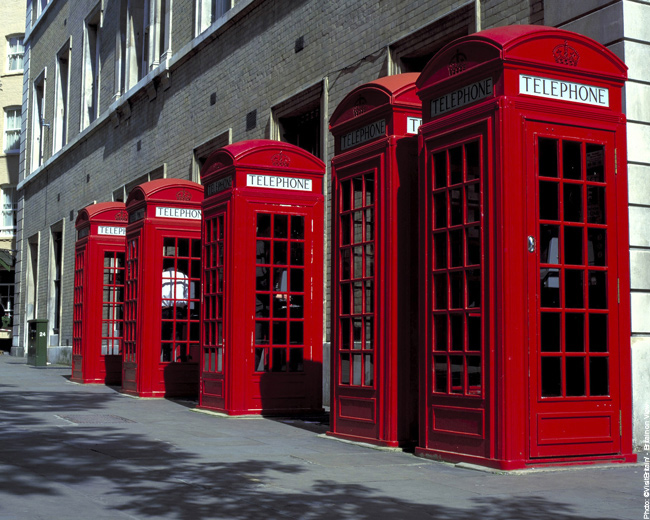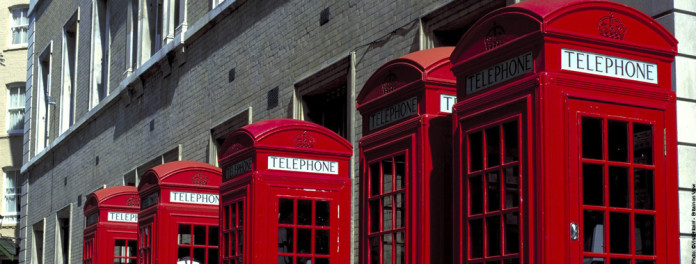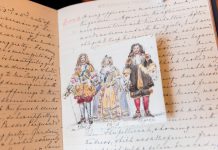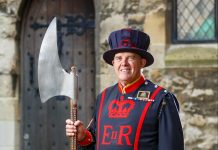From curious characters and historical events to the origin of common expressions – how much do you know about Britain’s fascinating past and present?

1. Churchill and the witch
In the last year of the war Churchill became involved in the last witchcraft trial in Britain. Spiritualist Helen Duncan revealed the sinking of the battleship HMS Barham before it was announced. Contrary to Churchill’s wishes she was prosecuted in 1944 under the 1735 Witchcraft Act for talking to spirits and spent eight months in prison.
2. Walsingham’s code break
Britain’s first spymaster was Sir Francis Walsingham (1532-90). His most notable triumph was unmasking a plot to murder Elizabeth I and crown Mary, Queen of Scots. Walsingham and his code breakers used the most common letters of the alphabet as substitutes for those most commonly used in the correspondence to make sense of the messages. Their discovery led to the execution of Mary in 1587, and a year later, to Philip of Spain’s decision to launch the Armada.
3. Spend a penny
We owe this common euphemism to Victorian businessman George Jennings, who in 1851 agreed to install his toilets in the Crystal Palace, home of the Great Exhibition in Hyde Park, provided he could charge a penny per person.
4. Cows in Soho
As London’s population grew, so too did the demand for milk. In 1798 there were 8,500 cows in the city, many kept in squalid conditions, such as in the basement of Golden Square, Soho. Dairymen would carry milk out in open buckets, where it was enriched by bird droppings, fl akes of soot and general street dirt. Fortunately from 1840 the coming of the railways ensured a ready supply of fresh milk from the countryside.
5. The Yorkshire guillotine
This infamous device was invented to ensure that beheading caused a swift death. Although usually attributed to the French Dr Joseph Guillotin (1738-1814), and associated with the French Revolution in 1789, it had many predecessors. The Halifax Gibbet, recorded in the Yorkshire town in the late 13th century, remained in use until 1650.
6. The birds have flown
A critical incident occurred in the House of Commons in January 1642. King Charles I, enraged by the refusal of Parliament to allow him to raise taxes without its consent, entered the House of Commons to arrest five MPs who had been his most resolute opponents. They made their escape and the king commented, “The birds have flown.”
7. Lombard Street
The Lombards, from northern Italy, circumvented the mediaeval laws against money lending by setting up as pawnbrokers. They would lend money against the security of a valuable item, returning it to the owner for less than had been advanced – an early form of banking. Many set up businesses in the part of the City of London now known as Lombard Street – which is still the headquarters of many banks today.
8. Men of straw
Some expressions commonly used in English have quite sinister origins. ‘Money for old rope,’ for instance, derives from the hangmen’s practice of supplementing their incomes by selling ropes used for executions, a shilling an inch being the going rate. ‘Men of straw’ refers to 18th-century men who would stand outside law courts with pieces of straw protruding from their pockets or shoes to indicate that they were prepared to give evidence for whichever party would pay them.
9. Grave end for Pocahontas
In the churchyard of St George’s, Gravesend, is a royal monument commemorating not a British monarch, but the Native American princess, Pocahontas.
10. Red telephone boxes
The first public telephone boxes were built in 1920, and were unattractive concrete structures, of which just one example survives, in Hull. London thought them too ugly for its streets, so in 1924 the Royal Fine Art Commission instituted a design competition, which was won by the architect Giles Gilbert Scott, of Battersea Power Station fame, (1880-1960), with his now-iconic red box design.
Facts taken from Amazing & Extraordinary Facts: Great Britain. BRITAIN readers can order this book for the special price of £7.50 (RRP £9.99) including free p&p (in the UK).
Discover more incredible facts about our country in every issue of BRITAIN Magazine.






 © 2024
© 2024